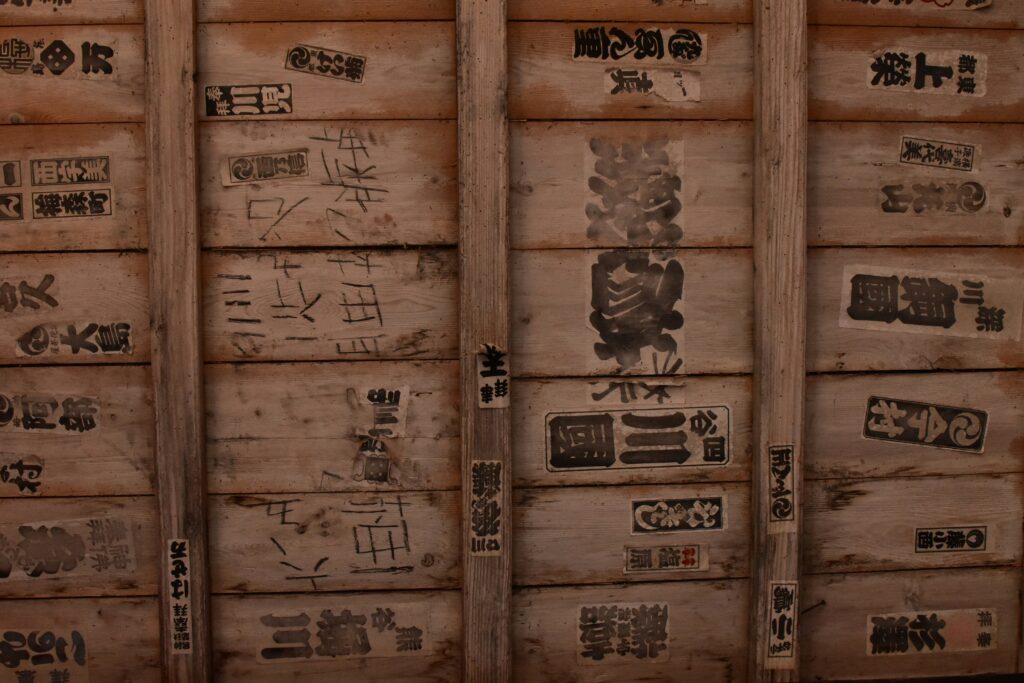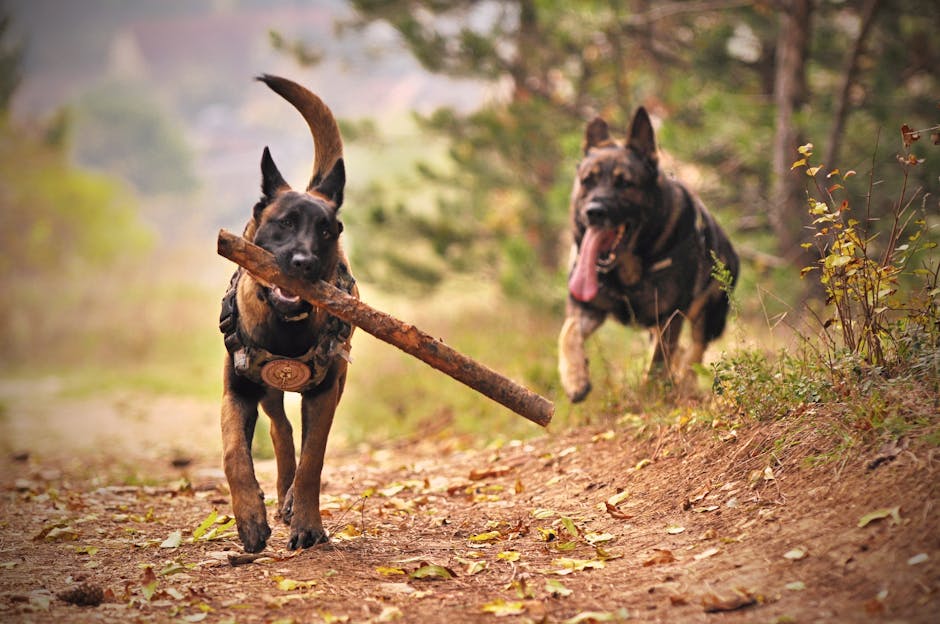What Exactly Is Daskusza Exploration?
Let’s level with you. “Daskusza” doesn’t spring from Wikipedia articles or geography textbooks. It’s a term born in underground traveler communities, loosely woven around discovering overlooked lands, linguistic oddities, and forgotten human patterns. Daskusza exploration centers not just on getting to a place, but decoding its lost signals—preGPS maps, obsolete dialects, hidden artisan crafts, and microhistories buried under digital noise.
Think of it as fieldwork, but on your own dime and curiosity. A blend of journalistic grit and explorer patience. Less “influencer travel,” more anthropological scavenger hunt.
The Tools of the Trade
You don’t need highend cameras or expedition grants. What you do need is intention. Explorers in this space pack light but deliberate:
Analog maps: Old military issues or local thirdpress editions reveal more paths than your favorite app. Notebooks: Digital devices die. Handwritten logs and sketches outlast. Translation pamphlets: Downloading Google Translate is easy. Finding out how a forgotten dialect splits family names? Not so much. A healthy respect for dead ends: You’ll find more locked gates and unfinished trails than open roads.
That’s part of the appeal—there’s no template. Just keep showing up, keep taking notes, and don’t post every step for validation.
Where Are These Places?
Daskusza exploration doesn’t restrict itself to geography. Sure, you’ll likely land in lesserknown towns in Eastern Europe, or mountain enclaves in Central Asia, or inland fishing villages in South America. But there’s a thematic layer too. The point isn’t solely “where” but “what lies beneath.”
Want examples?
Tarnished borderland archives where documents hint at forgotten revolutions and erased languages. Abandoned rail lines turned migration routes during predigital crises. Ghost towns whose last living residents carry histories in undeciphered slang.
You zigzag through footnotes others skipped. This isn’t for bucket lists. It’s for people who bookmark centuryold census data in their web browsers just because.
Why It’s Quietly Vital
We’re drowning in surface knowledge. Every city has a top 10 list. Every landmark’s been mapped and filtered a thousand times. Daskusza exploration is the antithesis of this saturation.
Here’s what it brings to the table:
Cultural Recovery: By documenting artifacts, oral stories, or usage patterns, explorers contribute real data that goes unmentioned on major platforms. Language Preservation: Tracking how certain idioms or vocal patterns survive in isolated communities can inform linguistic studies. Human Attention: Visiting someone not to consume their image, but to ask, listen, and document responsibly. That’s rare currency these days.
We’re not saying you’ll break global news. But you might break inner assumptions—and that matters.
Getting Started Without Being a Tourist
If this calls to you, resist the urge to pack everything right away. Starting slow is part of the ethos.
Here’s a basic launch pad:
- Study Maps Differently: Look at old atlases. Search for blank spaces or oddly labeled microregions.
- Research Obscure Encyclopedia Entries: If you find a town with one citation and no photos online, you’re onto something.
- Join Forums or Message Boards: There are private threads where daskusza exploration threads share papertrail clues and report backs.
- Reach Out Tactfully: If you’re contacting someone inregion, don’t approach like a parachuting journalist. Offer skill trades—translation help, documentation digitization, etc.
No roadmap fits every destination. That’s the charm.
Risks and Ethics
With any exploration comes responsibility. Daskusza exploration might sound adventurous, but it skirts ethical borders if handled poorly.
Watch for these:
Do no extractive research: That means no dropin interviews under false pretenses. Make your goals clear—and follow through. Avoid digital pollution: Don’t geotag vulnerable areas. Don’t bring wanderlust traffic to spots unprepared for it. Be ready to be wrong: Local knowledge outranks your assumptions. Check your ego.
This isn’t about collecting tokens and stories for your portfolio. It’s about engaging with overlooked narratives on their terms, not yours.
The Payoff Isn’t Public
No one’s putting “Daskusza Explorer” in their LinkedIn headline—at least not yet. This isn’t resume padding. It’s more personal. You walk away with:
A deeper grasp on how humans drift and anchor over generations Better pattern recognition when things don’t add up Increased humility when knowledge gaps surprise you
Real data. Real silence. A real shift in how you understand place.
Final Words
Daskusza exploration won’t go viral. It’s not marketable because it resists easy framing. That’s exactly why it matters. In a noisy world, choosing to listen where others scroll past isn’t just meaningful—it’s necessary.
So if you’re driven by curiosity more than clickthroughs, maybe this path’s for you. Go slow. Go deep. Keep your mouth (and camera) shut long enough to hear what’s not being said.
And when you do speak—focus on what’s real, not just what’s visible. That’s where daskusza exploration truly begins.

 Technical Coordinator
Lyle Fieldstines maintains the digital infrastructure and technical systems. He is responsible for troubleshooting issues and providing daily support. With specialized training, Lyle Fieldstines implements new software and tools. He monitors system performance to ensure all platforms run without interruption. He manages technical updates and oversees the security of company data. Lyle Fieldstines ensures the team has a reliable and modern digital environment.
Technical Coordinator
Lyle Fieldstines maintains the digital infrastructure and technical systems. He is responsible for troubleshooting issues and providing daily support. With specialized training, Lyle Fieldstines implements new software and tools. He monitors system performance to ensure all platforms run without interruption. He manages technical updates and oversees the security of company data. Lyle Fieldstines ensures the team has a reliable and modern digital environment.
